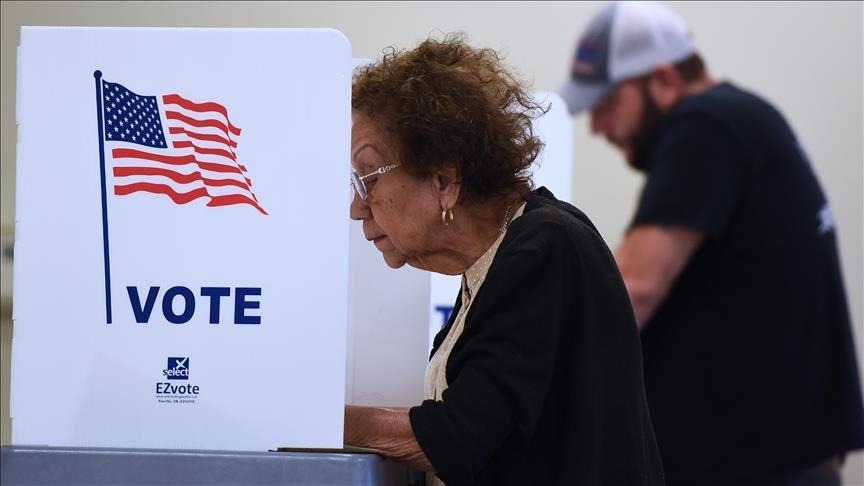The voting process for the 2024 US presidential election has commenced in certain states, with American media reporting that the voting will start and end at different times in different states.
Votes required to win
In this pivotal election, 538 electoral votes are up for grabs, with a minimum of 270 votes required to secure the presidency. In the event of an electoral tie, the decision will shift to the House of Representatives.
Seats up for grabs
In addition to the presidential race, voters are casting ballots for a range of other key positions. Elections are underway for all 435 seats in the House of Representatives, with 34 Senate seats also in contention. Eleven states are holding elections for their respective governors also, while attorney general positions are on the ballot in 10 states, and secretary of state positions in seven states.
Also Read: Poll opening times vary across states as millions head to voting on Election Day
Swing states to watch out for
The focus remains on the swing states, which are likely to play a decisive role in determining the election’s outcome. Seven states have been designated as swing states in 2024, with a collective total of 93 electoral votes. Among these, Pennsylvania holds the largest share with 19 votes, followed by North Carolina and Georgia, each with 16 electoral votes. Michigan contributes 15 electoral votes, Arizona 11, Wisconsin 10, and Nevada 6.
When does voting commence?
Voting times vary across the nation. In New York, New Jersey, Virginia, and New Hampshire, voting begins at 4pm PST, while North Carolina and West Virginia will open polls at 4:30pm. Voting will start at 5pm in Washington, DC, Florida, and 13 additional states.
New US president
After the general election, electors will cast their votes for president and vice president on December 17, as per the US media. Electoral votes will be counted in the House of Representatives on January 6, 2025, and the new president of the US will take the oath of office on January 20, 2025.
The Democratic and Republican parties also face a congressional challenge, along with the presidency. Republicans need two more seats to win the Senate majority, while Democrats need four more seats for a majority in the House of Representatives.



























